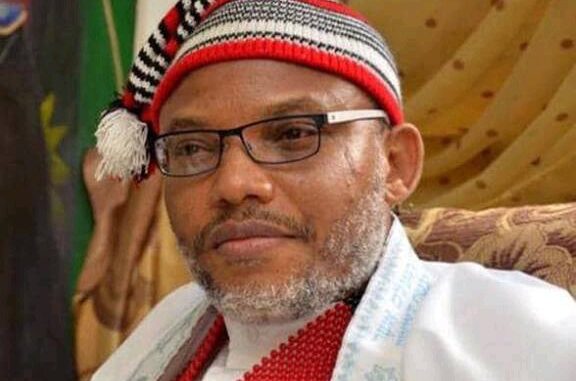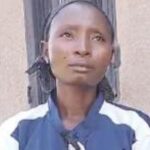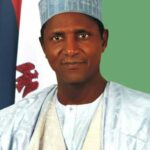
In a recent hearing on the Nnamdi Kanu case, the Federal High Court examined the impact of the defendant’s broadcasts on Radio Biafra and social media platforms operated by the Indigenous People of Biafra (IPOB). The court noted that these activities went beyond political agitation, directly affecting the daily lives of people in the Southeast.
In an interview on TVC News, evidence presented showed that the defendant’s communications incited violence, contributing to the destruction of lives and property. The court emphasized that the defendant’s influence extended beyond opposition to the Nigerian government, threatening the welfare and safety of his own community.
The court highlighted that the broadcasts and online messages were part of a broader strategy to destabilize the region and enforce compliance with IPOB’s agenda. It also noted that such actions have created an environment of fear among civilians and complicated the work of security personnel tasked with maintaining peace.
While the defendant claimed to be pursuing self-determination, the court underscored that any attempt to achieve political goals through illegal or violent methods is unlawful. The Nigerian Constitution explicitly prohibits secession outside its legal framework, and the court maintained that promoting unrest through broadcast media cannot be justified under claims of political freedom.
Summarizing the impact of the defendant’s actions, the court stated:
“His incitement through the broadcast on Radio Biafra as well as the social media platform of the group has led to the destruction of lives and property as well as has affect the daily life of his people of Southeast. The defendant did not only threaten the government of Nigeria but his own people.”
If you love political news or like to get more news happening around the globe, use the button below to get more verified news happening around Nigeria and the world today.








Leave a Reply